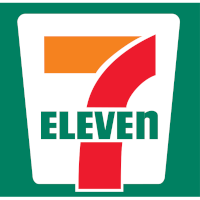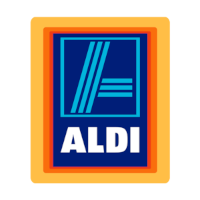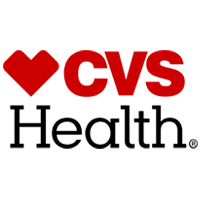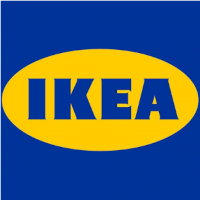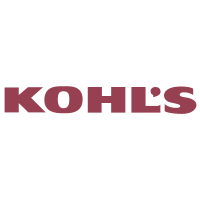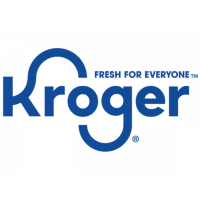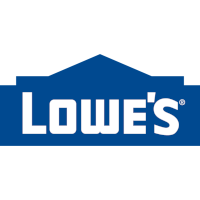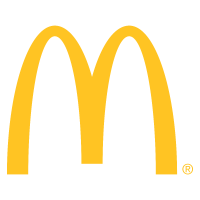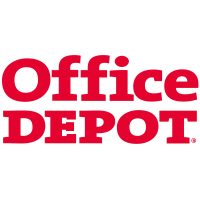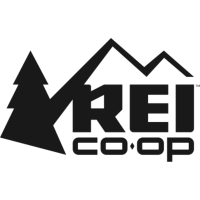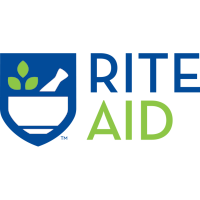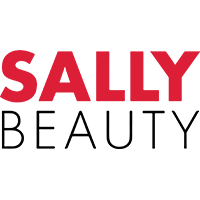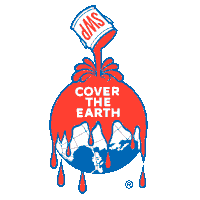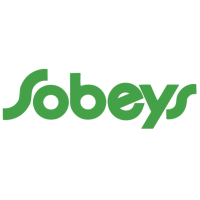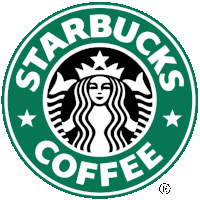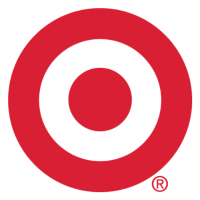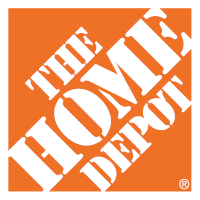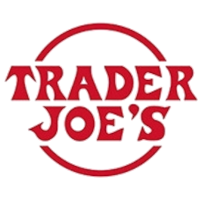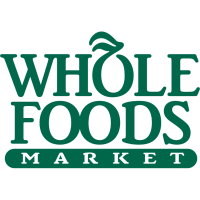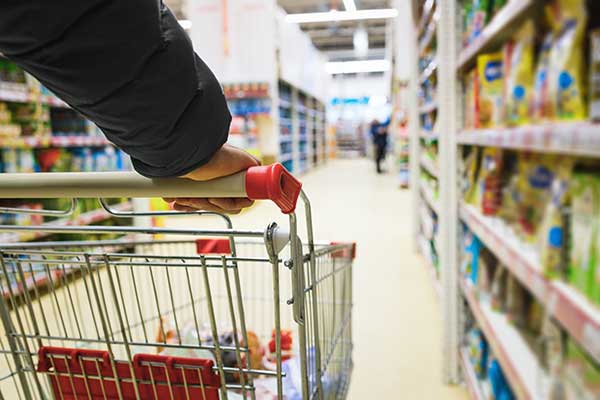Subsidiaries of Metro

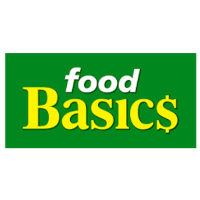
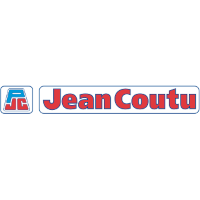
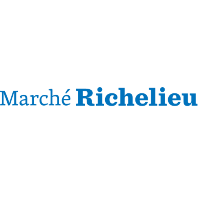


Key Findings and Recommendation
- Corporate Commitment: Based on available public information, Metro has failed to commit to reducing toxic chemicals and plastics or supporting safer solutions. Metro should publicly commit to develop and implement a corporate safer chemicals policy and actively explore best practices with peer organizations and outside experts.
- Transparency: There is no indication Metro requires suppliers to disclose chemical ingredients or plastics to the retailer or consumers, nor that it requires testing to ensure products are free of hazardous chemicals or plastics beyond regulatory compliance. Metro should require ingredient disclosure, verify accuracy, and evaluate its chemical footprint.
- Ban the Bad: Metro does not have a publicly available restricted substance list (RSL) or manufacturing restricted substance list (MRSL) but does have a “Better Packaging for Better Recycling” guide that identifies packaging materials to avoid: rigid PVC, polystyrene, and BPA-lined cans. The retailer shifted to bisphenol-free receipt paper in 2021 but has not documented additional progress on chemicals nor set time-bound, quantifiable goals for reducing chemicals of high concern or plastics of high concern.
- Safer Solutions: Metro has taken one step toward safer solutions, eliminating BPA in thermal receipt paper and switching to a safer alternative. Metro should publicly adopt a definition of safer alternative consistent with Washington state and join other retailers in committing to invest financial resources in tools and research to help its suppliers evaluate safer alternatives to chemicals and plastics of high concern.
2024 Detailed Analysis of Metro
Corporate Chemicals Policy
Adopted a safer chemicals policy
Oversight
Established management oversight
Chemical Footprint Project (CFP)
Participated in the CFP
Collaboration
Actively participates in collaborative process to promote safer chemicals
Public Policy Support
Supported governmental policies to reduce chemicals or plastics of high concern
Supply Chain Disclosure
Brands report use of chemicals or plastics in products or packaging to retailer
Supplier Accountability
Ensures supply chain accountability for chemicals or plastics restrictions
Consumer Disclosure
Brands disclose use of chemicals or plastics to consumers
Chemical Footprint Calculation
Publicly disclosed its chemical footprint
Restricted Substances List (RSL)/Manufacturing Restricted Substances List (MRSL)
Reduction/Elimination Goals
Chemicals and Plastics Reduction
Reduced or eliminated toxic chemicals or plastics of high concern
Safer alternative definition
Adopted a definition of safer alternative consistent with Washington state
Investment in Safer Solutions
Invested financial resources to advance and drive development of safer solutions
Implementation of Safer Solutions
Replaced chemicals or plastics of concern with safer solutions
Quantified Safer Products
Measured and disclosed progress towards safer products
How does Metro compare to its competitors?
Previous Grade History
NOTE: Our evaluation criteria changed in 2024. The scores from previous review years through 2021 are based on a different set of criteria measured.
Click or tap on a grade year to review additional details (where available).




